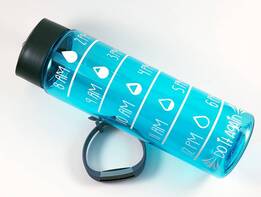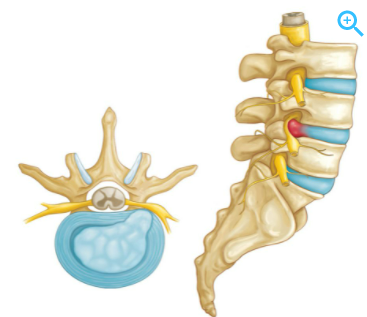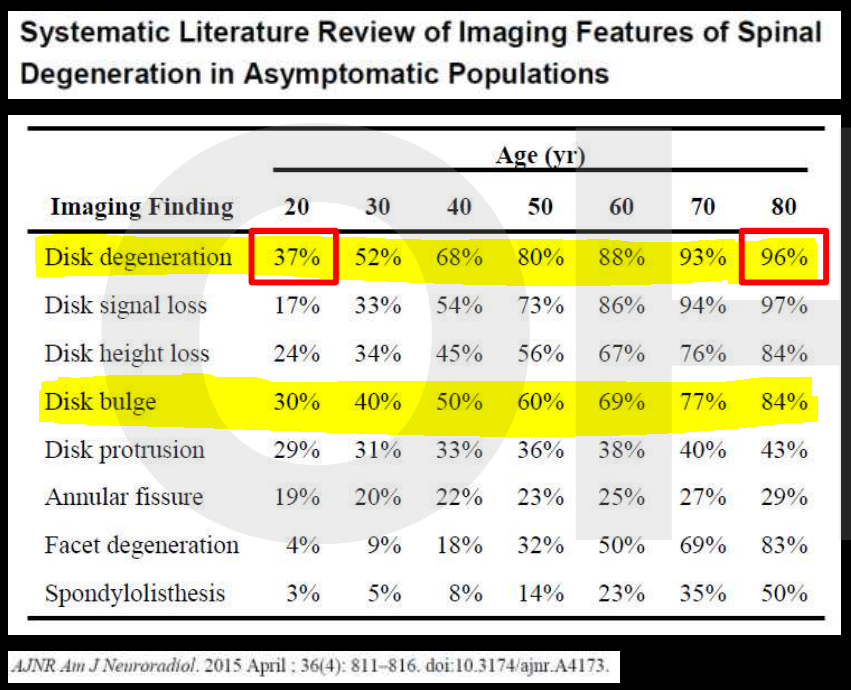 We all know that drinking water is good for us and often get told that we should be drinking more of it. But do we actually know why it is so important for us to increase our water intake and ensure that we are well hydrated? It is very common for individuals to not drink enough water day to day, but it becomes more frequent as we become older due to a decreased sense of thirst. This can lead to additional problems for those who are taking anti-diuretic medications that cause additional fluid loss. What are the benefits of drinking water?
When we don’t drink enough water, you can become at risk of dehydration. This can have negative side effects such as dizziness, weakness, low blood pressure, confusion, headaches and discolored urine. How much water should I drink per day? So how much water should we actually be consuming? The aim is to consume two to three cups per hour for healthy individuals, although this amount will vary if you are sweating through exercise, if temperatures are warmer or even just variation in our individual needs. There is also the possibility of consuming too much water particularly if you have certain health conditions such as thyroid disease, kidney, liver or heart complications. It is also possible if you are taking particular medications that may cause you to retain water, such as non-steroidal anti-inflammatory drugs, opiate pain medications and some antidepressants. If you believe that you may be affected by one of these conditions or medications, please discuss your water intake with your GP.  Tips to increase water intake.
By Aleisha Michael, Accredited Exercise Physiologist
0 Comments
What is a disc bulge? Did you know that almost 80% of the global population experience an episode of low back pain at some point in their life, with degenerative disc disease and lumbar disc herniation (disc bulge) being the most common. A disc bulge is also known as a bulging disc, slipped disc, or disc protrusion and is a condition during which a nucleus pulposus is displaced from intervertebral space. This can happen in the lumbar (low back), thoracic (mid back) or cervical (neck) spine. Here, the side and cross sectional views of a herniated disk are shown. In a herniated disc the soft, jelly-like centre of the disc can push all the way through the outer ring (source). This can cause pain, and may or may not press on the adjoining nerve, which can cause pain to travel down our thigh or leg, and even down to the inside or outside of our feet. Should I be concerned, will my disc bulge get better? Most occurrences of a bulging disc (disc herniation) resolve with conservative treatment and resolve within as little as two to eight weeks. 85 to 90% of cases will resolve within this time-frame and without substantial medical intervention. It can be scary when you have back pain, or have been informed you have a bulging disc, but there is really good evidence to show that it will get better, without the need for surgery. Disc Bulges - a normal part of ageing process?? Recent evidence has found that disc bulges and degenerative back conditions are a normal part of ageing, just like grey hair and wrinkles on your skin. We should not fear them as being a life sentence, rather just a normal part of life. Furthermore, they don't always result in pain. The study below shows that when 20 year olds WITHOUT back pain were scanned, 37% of them had disc degeneration, and 30% of them had a disc bulge. However, with increasing age, this number continues to increase, and in our 60's 88% of people WITHOUT BACK PAIN were shown to have disc degeneration, and 69% WITHOUT BACK PAIN shown to have a disc bulge. What should I do? Listen to your body and stay as active as you can within your own pain limits. You may find paracetamol helpful in settling your pain in the initial stages. You may find that sitting is better than standing, or vice versa, or standing and arching your back a little, or maybe even laying down and swaying your bent knees gently from side to side. Whatever movement you find that is comfortable for you, and your pain remains below a 2 out 10, continue to do. As your back starts to feel better you may be able to go for some walks, or extend your walks. Backs love movement, and the latest research now tells us that rest is not the best remedy. Deep breathing has also shown to be beneficial in relaxing the musculature of the back, helping to decrease pain. What are the long term solutions for disc bulge and back pain? Following on from the initial recovery phase, an essential part of helping back pain is strengthening and this is what Exercise Physiologists are the experts at! If we can help to strengthen your back, it is less likely that physical load will irritate it, this means that you have a decreased chance of recurrence and less severity of symptoms of future episodes. We now know that pain is multifactorial, this means there are multiple aspects that affect our pain, including psychological and social stressors, nutrition, sleep and physical aspects. We can help to assess your pain and help you to understand your pain, and the things you can do it decrease pain, and improve your strength to help you to live an active life. Discs respond to load and like getting stronger, just like muscles. It has been found that in people who run or lift weights, that their discs are stronger, fatter and healthier!! What a great reason to exercise!! We'd love to help you with your back pain!! Please get in touch or book online to book with an Exercise Physiologist who has a modern and evidenced-based approach to disc bulge and back pain. We all age, it is a part of life. Ageing affects us in all different ways. Some people fight against the slower pace and changes that come with ageing while others really embrace it. However you look at it, ageing is inevitable and what's more important is that we put our overall health first and make sure we can enjoy what we love doing for as long as we can. Keep moving Physical activity and exercise are a really important part in healthy ageing. Exercise is proven to be a great way of reducing your risk of developing health issues or managing existing health issues. Exercise or physical activity can improve sleep, brain function, strength, mental health and energy levels, meanwhile reducing your risk of falling, stress and anxiety. One of the main excuses we hear in the clinic is that you don't have time, so why not incorporate physical activity into your day by walking somewhere instead of driving and catching up with your friend while walking instead of coffee. It is recommended that Australians over the age of 65 years participate in 30 minutes of moderate physical activity on most but preferably all days of the week. If you think 30 minutes is too long, start smaller and work up to 30 minutes, but bottom line is you want to get moving. Some is better than none, but more is better. Stay connected It is easy to lose contact with friends and family as we age but it is important to stay connected. Feeling lonely or isolated is found to increase your risk of stress, anxiety and depression and we all know this negatively affects your health. If COVID-19 and lock downs are anything to go by we can stay connected no matter what. So pick up the phone, organise a coffee, set up a zoom chat or go for a walk with your friend. Challenge your mind Keeping your mind active and challenging it is important to keep functioning the best you can. Believe it or not your brain is similar to your body in that if you don't use it you lose it. So to keep your brain busy you can try reading new books, learning new things, online brain challenges or the crossword puzzle in the paper. Sleep well Sleep is the time where your body is recovering and repairing and is vital for your body to feel good and stay free from injury. It is suggested that around 7-9 hours sleep is a great amount for your body to rest and improves your health outcomes. Eat well
Eating well and fuelling your body with the right nutrients is vital in ensuring your body can function optimally and age healthily. Try to avoid food with high amounts of saturated fats, sugar and refined carbohydrates and try to incorporate plenty of vegetables and wholegrain and organic foods. At the end of the day it is all about a well rounded holistic approach to your health. It is important to stay active, find things to do you enjoy and ensure you have a good social connection around you. If you need any further tips to your current situation our Exercise Physiologists would be happy to speak to help move you towards healthy aging. Izaac Boylan Accredited Exercise Physiologist |
AuthorSLisa Parkinson Archives
July 2024
Categories
All
|






 RSS Feed
RSS Feed